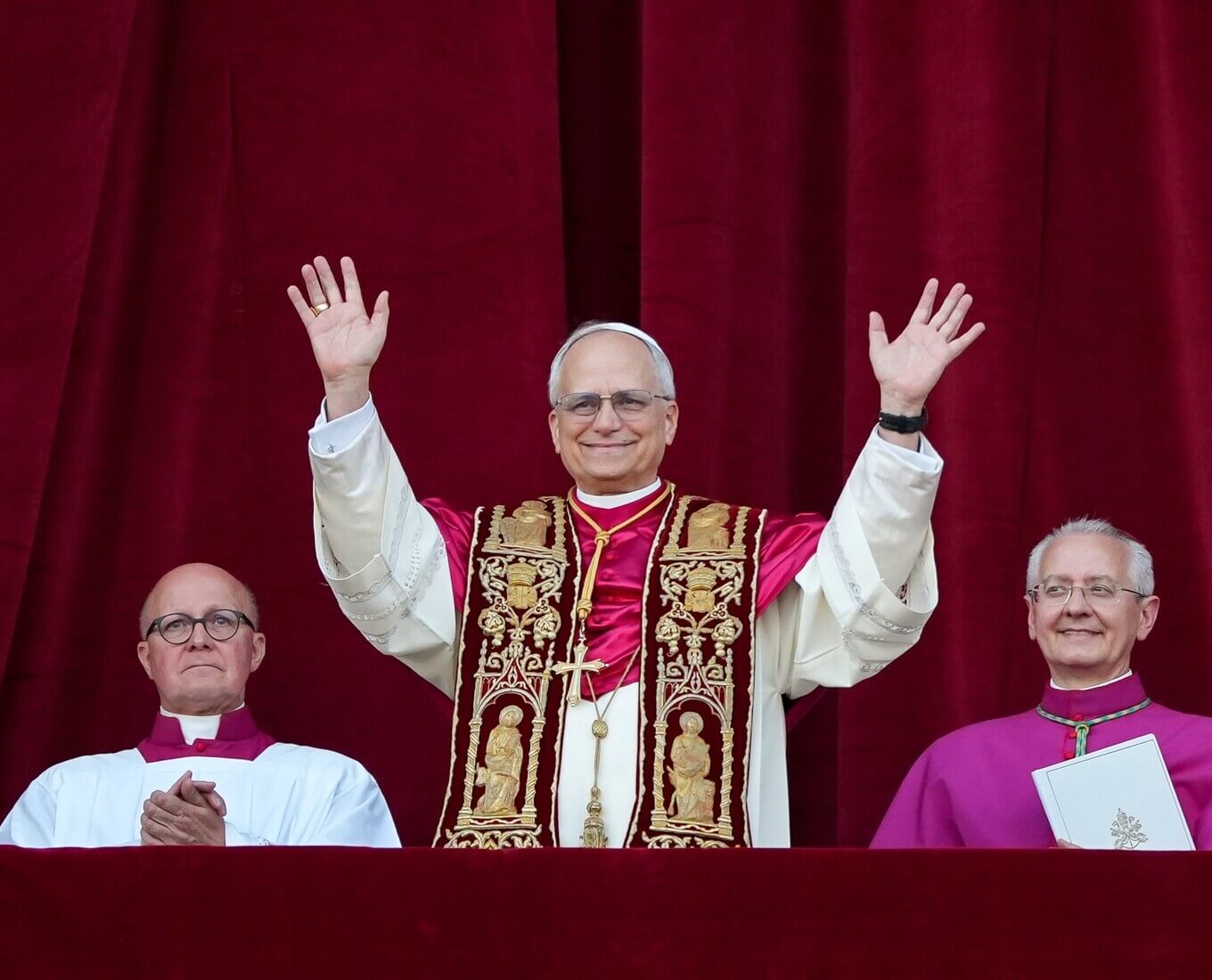
The odyssey of collector and scholar Kent Bicknell began, inauspiciously enough, outside a New Hampshire hockey rink almost two decades ago.
“They were having a rare books sale, and I thought ‘well, I like antiques’ so I decided to go take a look,” he said during a recent visit to Holy Cross.
Bicknell, who specializes in the influence of Asian spirituality on formative American thought, now concedes that he’s almost lost track of the size of his collection. A rough estimation puts the number “somewhere in the hundreds of texts.”
A segment of Bicknell’s collection is residing as a part of Compilations: Three Exhibitions on Books, which runs through March 31, in the Cantor Art Gallery at Holy Cross. Bicknell’s portion, titled “Imprint: From Walden to Graceland, 200 Years of Asian Spiritual Traditions in Western Thought,” is a rare assemblage which includes books belonging to Henry David Thoreau, Ralph Waldo Emerson, Mark Twain, and even Elvis Presley, among others.
The idea for Bicknell’s exhibit at Holy Cross came about when Todd Lewis, professor of religious studies at the College, was invited to give a presentation at the Sant Bani School in Sanbornton, N.H., which Bicknell helped to found in 1970 and where he continues as principal. While there, Lewis was able to view some of Bicknell’s manuscripts, which were on exhibit in the school library. After consulting with Roger Hankins, director of the Cantor Art Gallery, it was decided that Bicknell’s collection would make a logical addition to the formative Compilations exhibit.
Apart from its showing at the College, Bicknell’s collection has also been featured in several cities around the country, including Boston, San Francisco, Albuquerque, New York City, Washington, D.C., and others. He also maintained a small exhibit at the Grolier Club in New York City for some time.
The continuing interest in Bicknell’s collection can be attributed to the unique nature of the works which he has acquired over his career.
One notable example, and the oldest work in the exhibition, is Henry David Thoreau’s personal copy of R. Spence Hardy’s A Manual of Buddhism, which dates to 1853. The volume on display also passed through the hands of Ralph Waldo Emerson and Bronson Alcott, before being given away by a descendent of the Alcott family in 1923. The manuscript was part of a package of materials from India which Thoreau fondly referred to as “my treasure,” and bequeathed to friends shortly before his death.
Other volumes are impressive not just for their age, but because they provide an intimate window on the private thoughts of their owners. Dating to 1889, Mark Twain’s copy of Aryan Sun-Myths: The Origins of Religions is filled with the satirist’s irreverent musings. Pondering the nature of historical “saviors,” Twain scrawls “I feel an honest reverence [for saviors] … I was only meaning to slur those liars their followers.”
Some of the texts are tied to more recent cultural figures. Jack Kerouac, as a member of the Beat Generation, is often more closely associated in popular imagination with Asian spirituality than either Twain or the early Transcendentalists. Several artifacts from Kerouac’s library have made their way into the collection, as have documents from early 20th century literary figures Aldous Huxley and Ezra Pound.
Perhaps the most surprising inclusion, however, is a book belonging to another mid-century American icon, Elvis Presley. His copy of Kahlil Gibran’s The Prophet, which was given to his uncle, is heavily annotated with phrases on the meaning of the text.
The exhibit draws many surprising and hidden parallels between Asian thought, and the intellectual and cultural development of America. As Bicknell notes, “the histories of thought are all marvelously interwoven, and it’s up to us to uncover the connections.”
By Ross Weisman ’09
Pictured: The Poems of Celia Thaxler, with watercolors by Louisa C. Richardson, 1896, from the collection of Kent Bicknell.
Related Information:
• Cantor Art Gallery
History Books
Exhibit traces the influence of Eastern philosophy on Western culture through books
Read Time
3 Minutes

